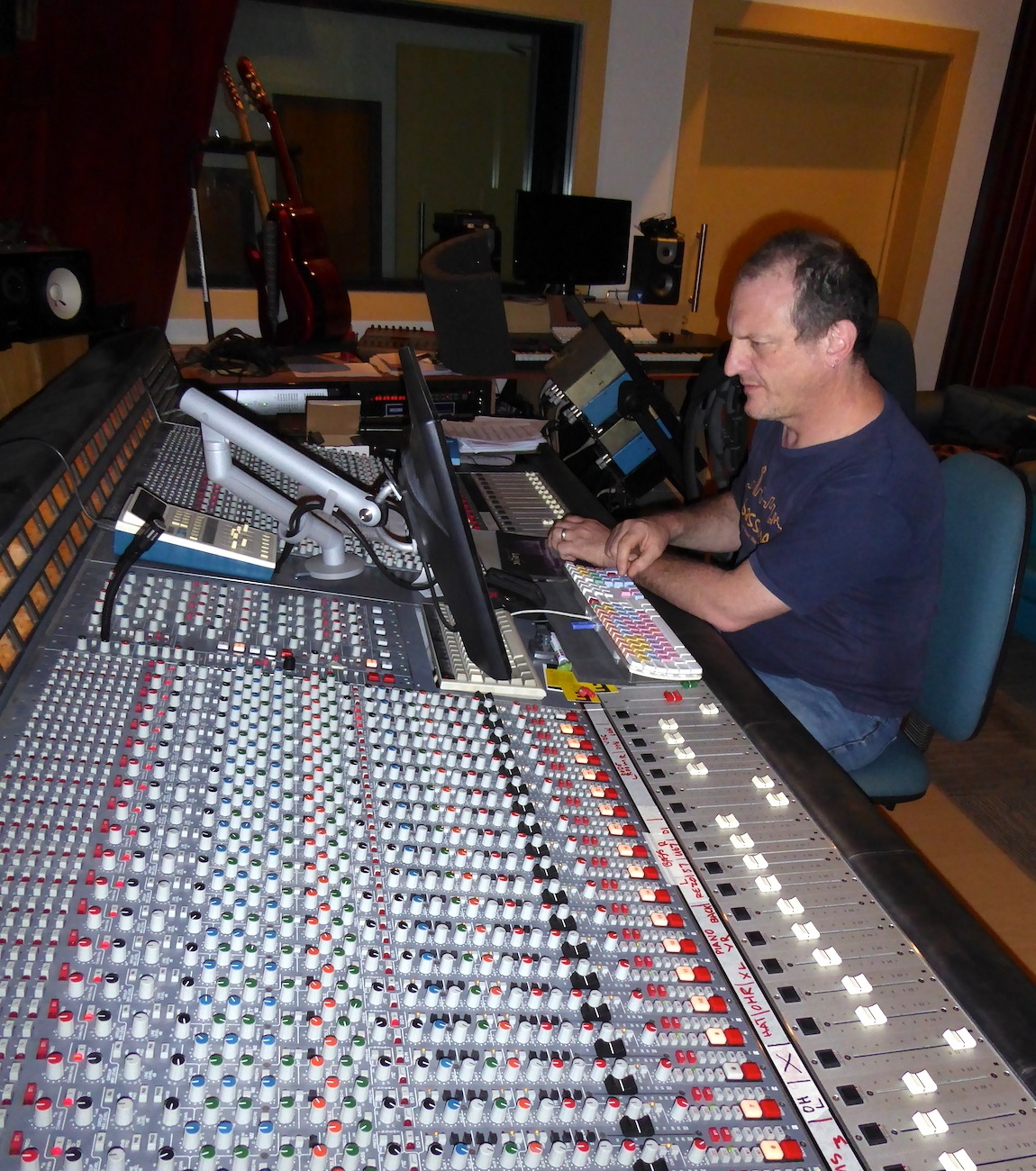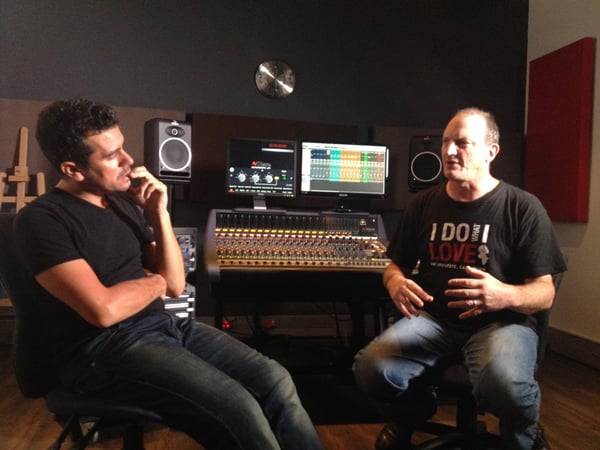
Peter Pearlson is the newly appointed senior lecturer at the Academy of Sound Engineering in Cape Town.
Sound Engineering plays a pivotal role in the production of sound, ranging from films and festivals to music, radio and corporate events. Creativity, practical knowledge and technical know-how are all essential skills to ensure a flawless event. With seven South African Music Awards (SAMA) and two PEER awards for Excellence, Peter Pearlson is a renowned sound engineer in South Africa.
In this insightful Q & A, Peter talks to us about what a career in sound engineering is all about and how technology has changed the industry over the last 30 years.
What does your job entail?
Peter Pearlson (P.P): After starting my career as a dedicated music engineer employed by a major recording studio, I have now become something of a jack of all trades. I record, produce and mix music projects, do some audio mastering, front-of-house mixing at live music events and lecture in Studio Recording & Production.
With a career that spans three decades, how has technology changed over time?
P.P: There have been huge advances in technology over the last 30 years. The advent of digital has changed everything – it has allowed music to be recorded and mixed outside of the confines of the professional studio. It has to a large extent caused the demise of the big studio which is really sad, but there is also much easier access to recording which has given many more artists the chance to be heard.
You have worked with some of the country’s top artists, amongst which are Hugh Masekela, Gloria Bosman, Wonderboom and Lithium. Has technology made the reproduction of sound easier/more efficient? How would these artists benefit from this?
P.P: The advances in technology have enabled recordings to be done in a variety of locations and to a certain degree, have allowed musicians the freedom to record at home, or at a location deemed to be inspiring. It is, however, largely dependent on the style of music and the approach to the recording. An artist such as Hugh Masekela would more than likely still use a big studio to record an album. The portability of recording equipment has greatly improved and made far easier the capturing of live performances. With just a laptop and an interface, full multi-track recordings of a very high quality can be done with ease.

What advice would you give to someone wanting to become a sound engineer?
P.P: For someone looking for a career in sound engineering, studying is paramount. There are so many areas in audio that offer employment opportunities. I am now lecturing full-time at the Academy of Sound Engineering Cape Town who offers probably the most comprehensive audio training available in South Africa. Job shadowing is also important. Assisting with recording sessions, live shows, etc. can be a very valuable way to gain real-world experience.
What courses are available to students for entry into the sound engineering industry?
P.P: At the Academy we offer a one-year Higher Certificate course which is a good entry-level qualification, a three-year Diploma which is incredibly well designed and structured in order to prepare students for a variety of career paths, and a B.Sc (Bachelor of Science) Degree in Audio Engineering which is the only degree of its kind in Africa.
What would be the five most important skills a client would expect from a sound engineer?
P.P: There are so many areas of expertise in audio. Client needs, therefore would differ from environment to environment. Some global expectations would include punctuality, suitable preparation, a good working knowledge of systems and equipment relative to the job, the ability to get along with people and a good work ethic.
Being ‘on the job’ is an important part of understanding how the industry operates. What opportunities would there be for first/second year students to gain this experience?
P.P: The Academy has strong industry links and the lecturers are mostly working professionals involved in many areas of the industry, so there are many opportunities for students to job-shadow and assist in a wide variety of related activities. I always try to involve students in productions and recordings that I do.
How do our sound engineers compare with rest of the world? i.e. Do international film/music producers support the local industry?
P.P: We have a very high standard of technical personnel across all facets of the industry. International clients often utilize local facilities and personnel from recording to post-production and live events. There are also many South Africans who have very successful careers around the world. When Mumford and Sons toured South Africa in January they ended up recording at the Academy of Sound Engineering in Johannesburg and were blown away by the professionalism and knowledge of our third-year students involved in the recording, to the point of offering them work opportunities overseas.
What has been the highlight of your career?
P.P: In a career that has spanned more than three decades, it is very difficult to name a single highlight. I have been fortunate enough to have worked with some amazing and talented people and to have made some incredible records. I teach, which I really enjoy, I mix live and tour which I also really enjoy, and I am still recording and producing album projects which is very close to my heart. One thing that I can state unequivocally is that after more than thirty years I can still say that I love my job.

